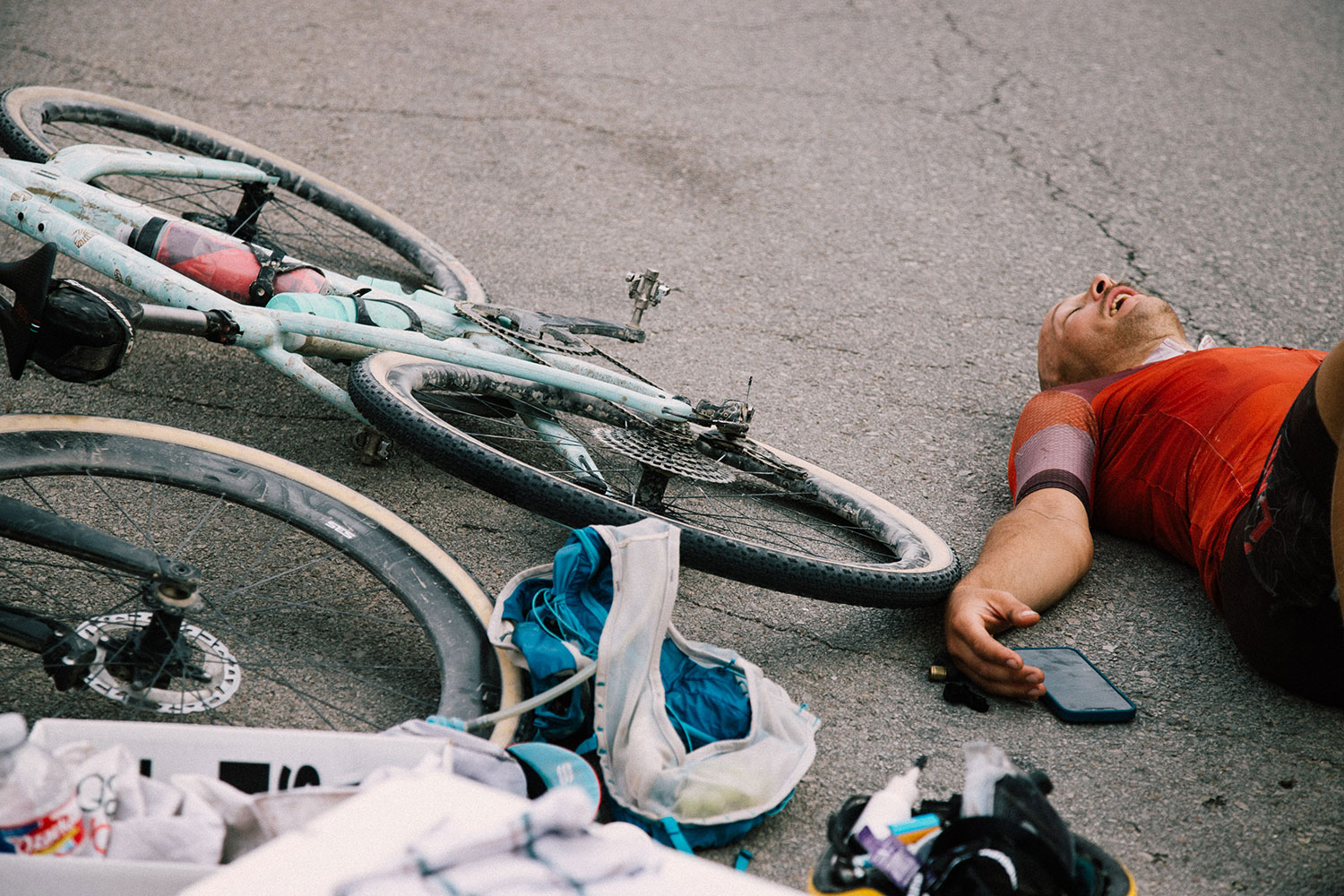
Steve The Intern
Rodeo 2021: A near death experience
- ,
- , The Lab
Photos by Samuel Fitzgerald, Sheldon Thompson, and Stephen Fitzgerald
It was near midnight June 06, 2021. Emporia, Kansas. I lay in bed restless before the Unbound 200 gravel race. Nerves were high, as is common before events like this, and sleep comes slowly, perhaps even not at all for some. Sometimes you push through insomnia like this and your body finds its way to let go and rest. Other times you push the home button on your phone, because you heard it vibrate. Not the double buzz of a text message, but the single buzz of some other random notification. In recent years I’ve actually learned to put my phone in airplane mode at night, because a single notification can easily ruin a perfectly good night’s sleep. This one did:
The Skype icon greeted me as the phone glowed at me. Must be Taiwan. Only Taiwan messages me in the middle of the night and the middle of their work day.
“Check your email,” the message said. It was from our factory manager, so the request carried weight.
I opened my inbox and at the top of my unread sat a note waiting to be clicked: “Regarding production” it was titled. I clicked.
“Dear sir”, it said.
“We regret to inform you that in light of recent events, and after a meeting among our owners we have decided to discontinue production of your bikes at our factory.”
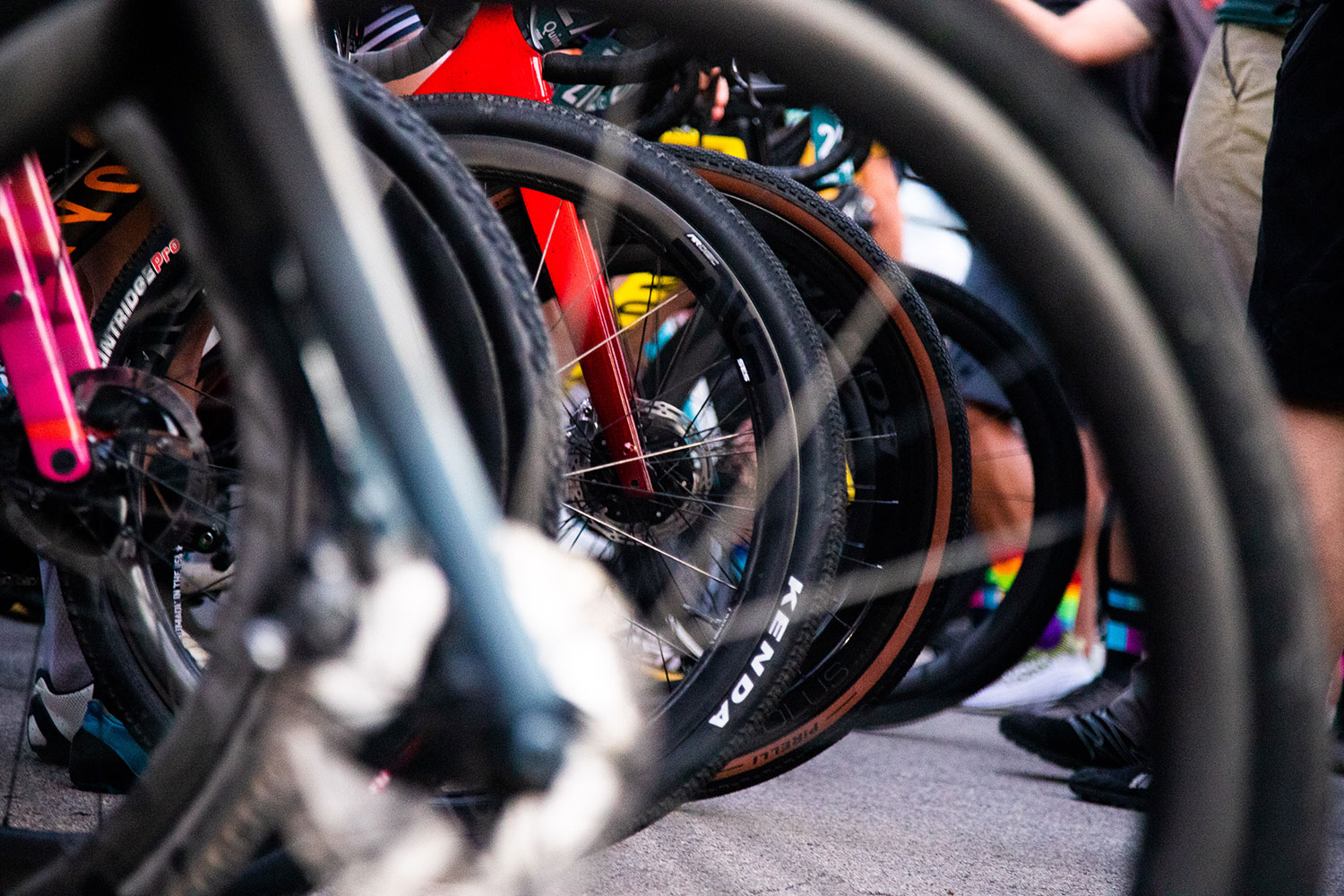
I re-read that line multiple times then continued reading. It explained, via broken English, that we were a very difficult customer, a very demanding customer. Too demanding, it would seem. The quality control requests that we were making, and the constant nagging from us regarding (very) late orders had become too much to bear. As such, our companies would do best to part ways. Our outstanding orders would be canceled and all production would cease. That was that. Seven years of collaboration were at an end, and without ceremony.
I sat there in my bed stunned, unable to process the entirety of the message nor the extent of its implications. And then it hit me…
“That’s the end of Rodeo I guess”.
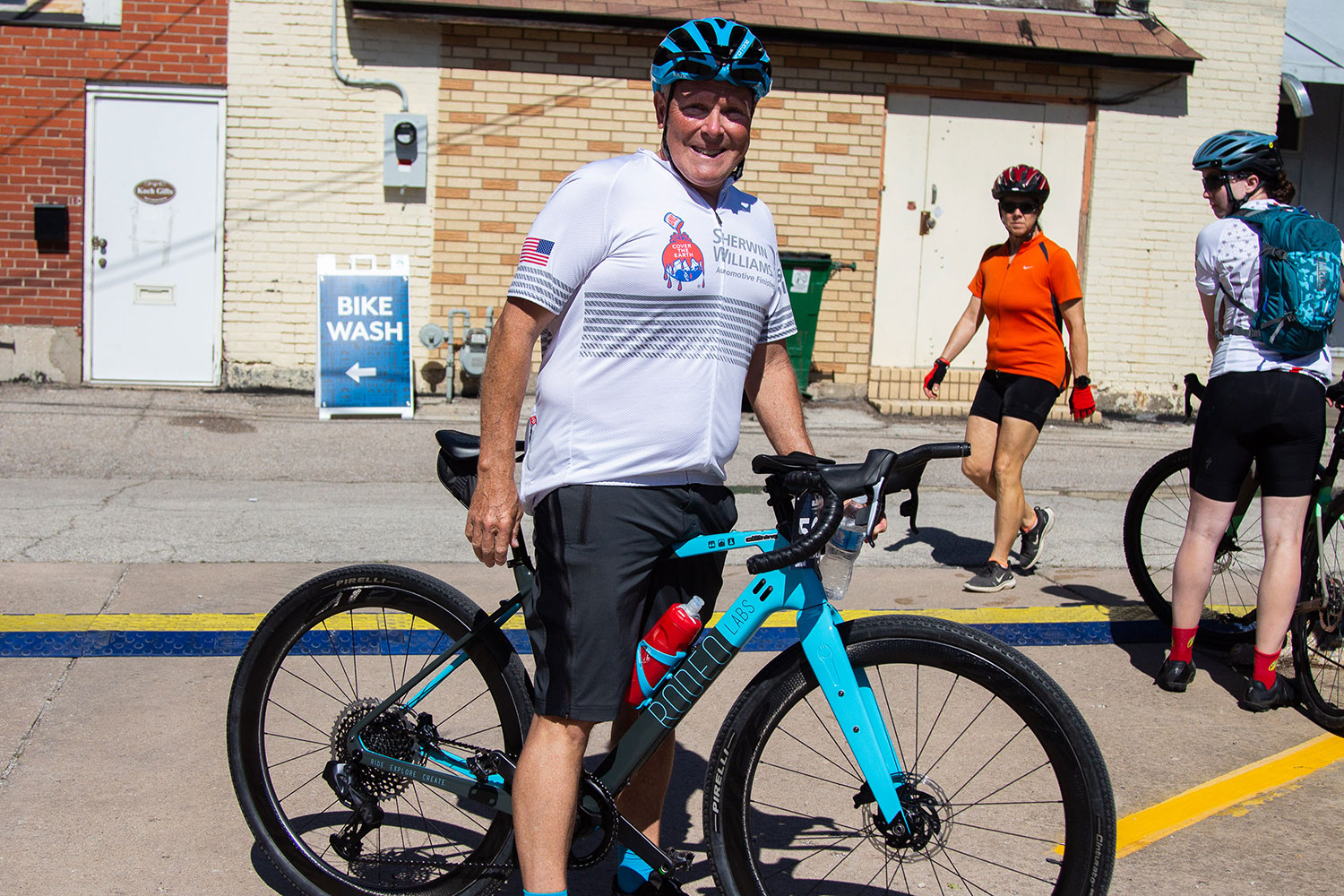
I was, in that moment, totally paralyzed. Our factory hadn’t yet shipped any 2021 frames to us, all the way out in June. We, like the rest of the bike industry were experiencing unprecedented demand, and were riding the artificial Covid-induced bike industry wave. 2020 and 2021 had been absolute roller coasters for anyone selling any type of bike. Demand had never been higher. By my mental calculation we had well over a million dollars in bikes sold on pre-order and we had a lot of customers waiting patiently and impatiently for the delivery of those bikes. There was just one problem: All of the frames for those bikes were still in Taiwan, because Taiwan’s bike manufacturing industry was absolutely buckling under the crushing weight of instant demand that had been placed on them. Everyone was clamoring for bikes, drivetrains, components, tires, and even simply the raw metals needed to make a two wheeled freedom machine.
The industry couldn’t keep up, and similar to a crowded highway at the onset of rush hour, it quickly ground itself into total gridlock. It almost didn’t matter who you were in the world of bikes, if you were trying to get one made and delivered to your customer you were late. And it wasn’t just a surge in traffic causing the gridlock, it was the factories closed due to Covid, the ports shut down due to Covid, and the sudden shortage of shipping containers worldwide with which to transport bikes to and fro. There was no end in sight.
































For a small company like us there was little recourse to be had in this situation. Generally speaking the companies that fared best obtaining bikes for their customers were the mega brands. Volume is money and money talks. Money got bikes shipped. We had neither volume nor excess money, and our bikes did not ship because our frames sat in the factory unfinished, stuck in line behind bigger and more deep-pocketed brands.
We did not sit still in this situation. We pushed our factory for shipments and we pushed them hard. One advantage to having your customer pre-order bikes from you is that your frameset production is capitalized (paid for) mostly before the bikes are completed. You don’t have to get six or seven figure loans because your (amazing) customers are, in effect, your bank. But one disadvantage in this situation is that if your bikes are late, you have a whole lot of customers who are angry that they placed pre-orders and paid money months in advance of getting their bikes.
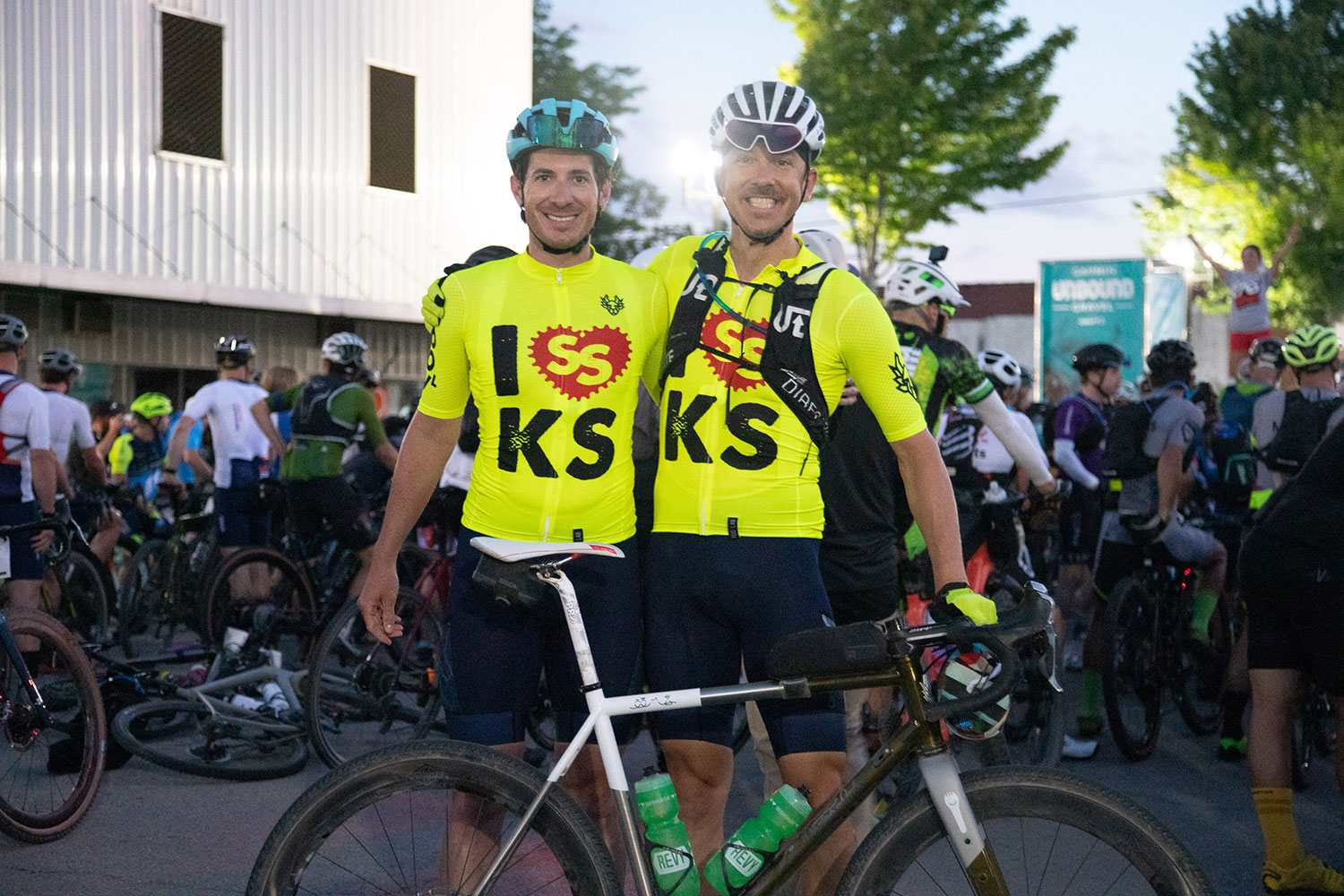
Motivated by this, we racked our brains for ways to somehow get our frames completed and delivered so that we could fulfill our obligations to customers. We searched our network of relationships and inquired with an industry fixer in Taiwan. After some discussions we agreed to have him take over the completion and painting of our partially completed frames in Taiwan so that they could be delivered sooner. We contacted our factory, obtained permission to have him involved, and set the wheels in motion, confident that we had a solution for so many people who had given us our trust.
This was arranged in the weeks before Unbound, through countless phone calls, emails, and Skype sessions. It all came to a head the night before the race, and it, in an instant, changed the trajectory of the company forever.
Our fixer, as it turns out, caused what is called a loss of face with our factory. Saving face and losing face is difficult to fully explain in Western business culture, but in Asian business culture it is one of the key drivers of business relationships. It is seemingly as important as actually making money, if not more important than making money. Our fixer, while trying to arrange completion of the frames in Taiwan, caused our factory to feel as if they had failed us and to feel as if they had lost face with not only us, but in the industry at large because they had been unable to meet their obligations in a timely manner. As such they made the pragmatic and possibly retaliatory decisions to simply cut ties with us entirely, and to leave us holding the bag with no framesets to deliver for the year. With no way to make good on our pre-sales, and no hope of finding someone else to make frames for us in time, Rodeo was all but dead in the water. Permanently.
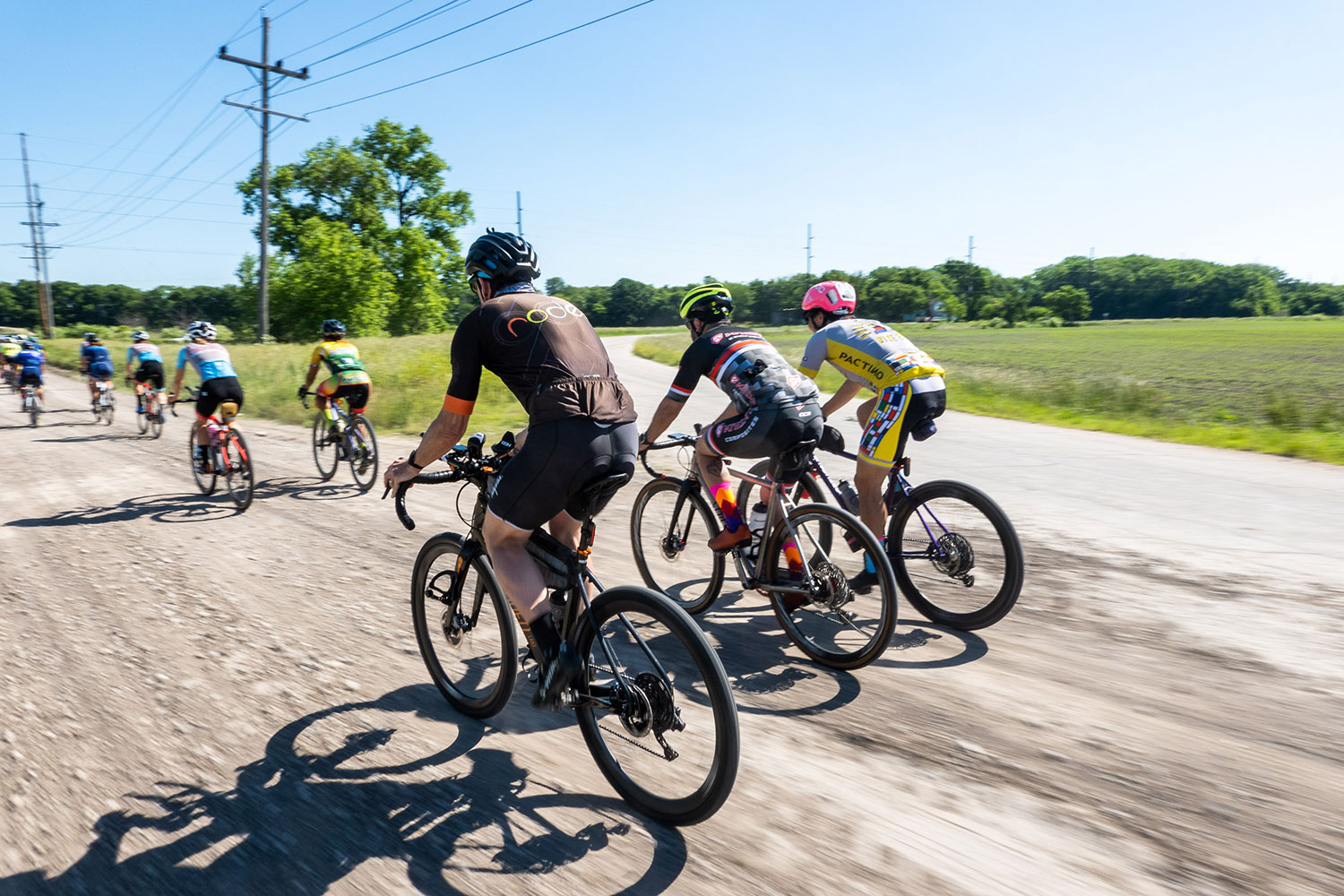
I attempted to converse with the factory manager on Skype, to set things straight, to tell him this wasn’t about face it was about keeping our word, but he would not respond to my messages. Clearly he was angry. This wasn’t a conversation, it was a brand assassination. My brand, unfortunately, was the one critically injured.
Sitting in bed in Kansas I had no actionable options. “I’ll deal with this Monday”, I thought, filled with confusion and anger. Sometimes when I encounter a problem like this, one so overwhelming that I can’t process it, I simply decide not to engate it right away. I could not believe this was happening. I could not believe this was real life. I needed time to think.
The next day I rode the Unbound 200, my fifth start. The intense heat of the day took its toll on many riders. The DNF rate was high. In addition to the heat and the usual exhaustion I had the enormous stress of the present situation dominating my thoughts all day long. What would I do? What could I do? My earlier anger turned to present rage. How dare that factory manager cancel our orders? We had a contract. We had an agreement. We even had mutual respect. They had to know how destructive their decision was. They had to know that they were going to kill Rodeo. I thought about my employees. How would I tell them what was happening? How would I tell them they would all be out of a job soon, through no fault of their own? How would I tell my wife that the risk she took letting me start this company hadn’t panned out, and that the late nights and exhaustion of entrepreneurial life hadn’t panned out? I wondered how we would make our house payments. I wondered what the kids would think of me, and if they would even understand at all why dad was angry and depressed.
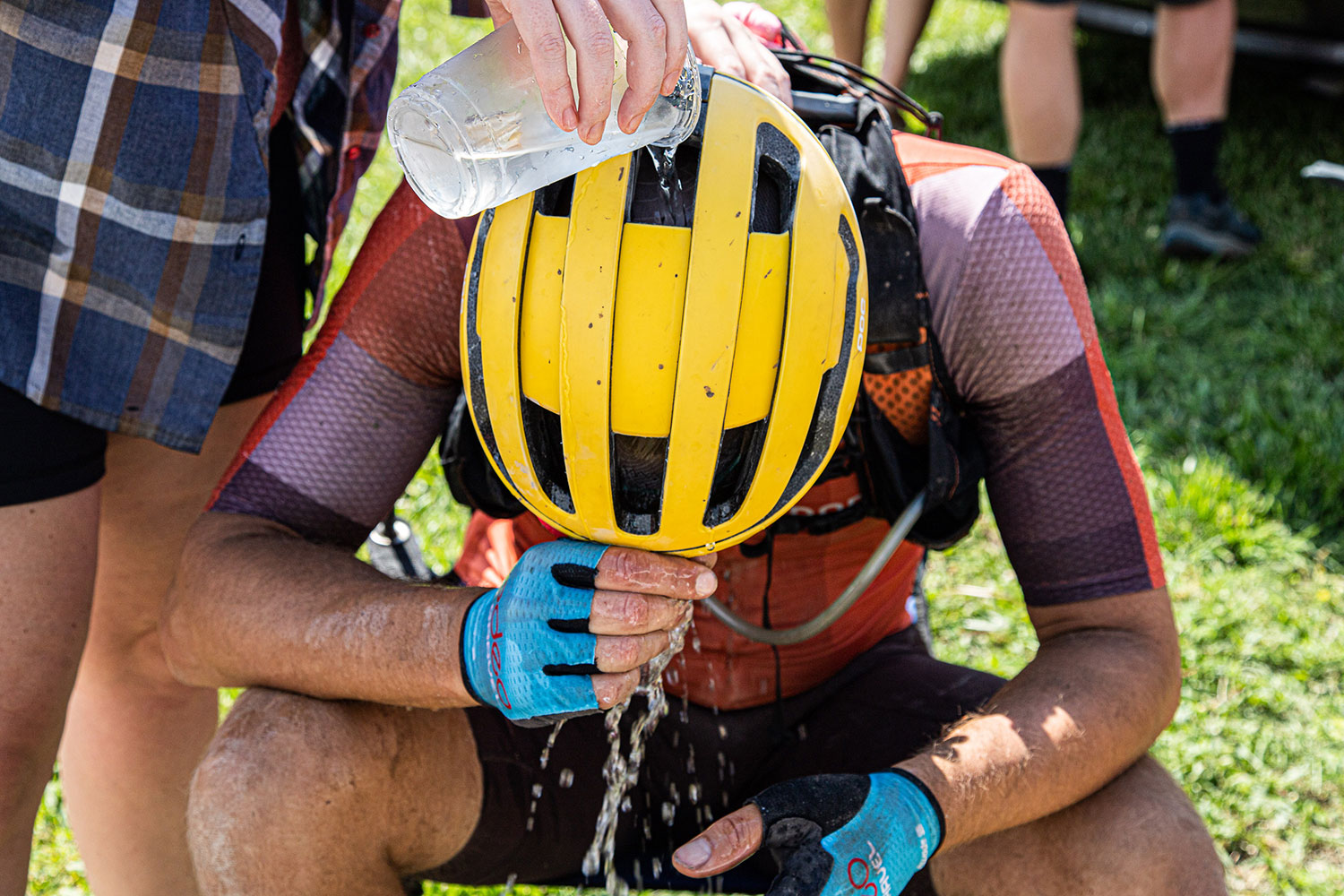
What would I tell our customers? Would they understand? How would we refund them all? We almost certainly didn’t have the money to refund everyone fully. Payroll and operating costs eat into the bank account no matter if bikes are shipping or not. People would feel cheated. People would feel scammed. I wonder if there were going to be legal repercussions to this. Would I be the Bernie Madoff of cycling?
My fifth Unbound was my least favorite Unbound at all. Was it the heat? Was it the course? Was it the fact that my life had been set on fire the night before? It’s tough to know.
After a day or two passed I settled down a little. There had to be a way to get through this situation. I had to try to right the ship. I leaned hard into damage control mode. Contrite, conciliatory emails were dispatched to our factory. We had pushed too hard. The fixer was a bad idea. We weren’t grateful for how hard they were working and the stress they were under. We didn’t mean to cause any loss of face. Please take us back, dear factory. Please make our bikes. We’re asking. We’re begging.
My begging wasn’t answered. Only silence greeted me. I tapped friends in Taiwan for relationship advice. What had I done wrong? How could I fix it? There had to be a way. It was suggested to me that I might reach out to our account manager instead of our factory manager. I sent her emails and Skype messages expressing regret and contrition. I was so sorry for the trouble I’d caused. How was her boss? Why wouldn’t he talk to me? Could she help tell him that I really really, really really sorry? She did relay that message, and she told me that he was very mad and very sad. I thanked her for her efforts. I sent him more messages. I have never in my life groveled as hard as I did last June. There was no level of groveling that I would not go to to help make things right. I kissed the dirt, and groveled more.
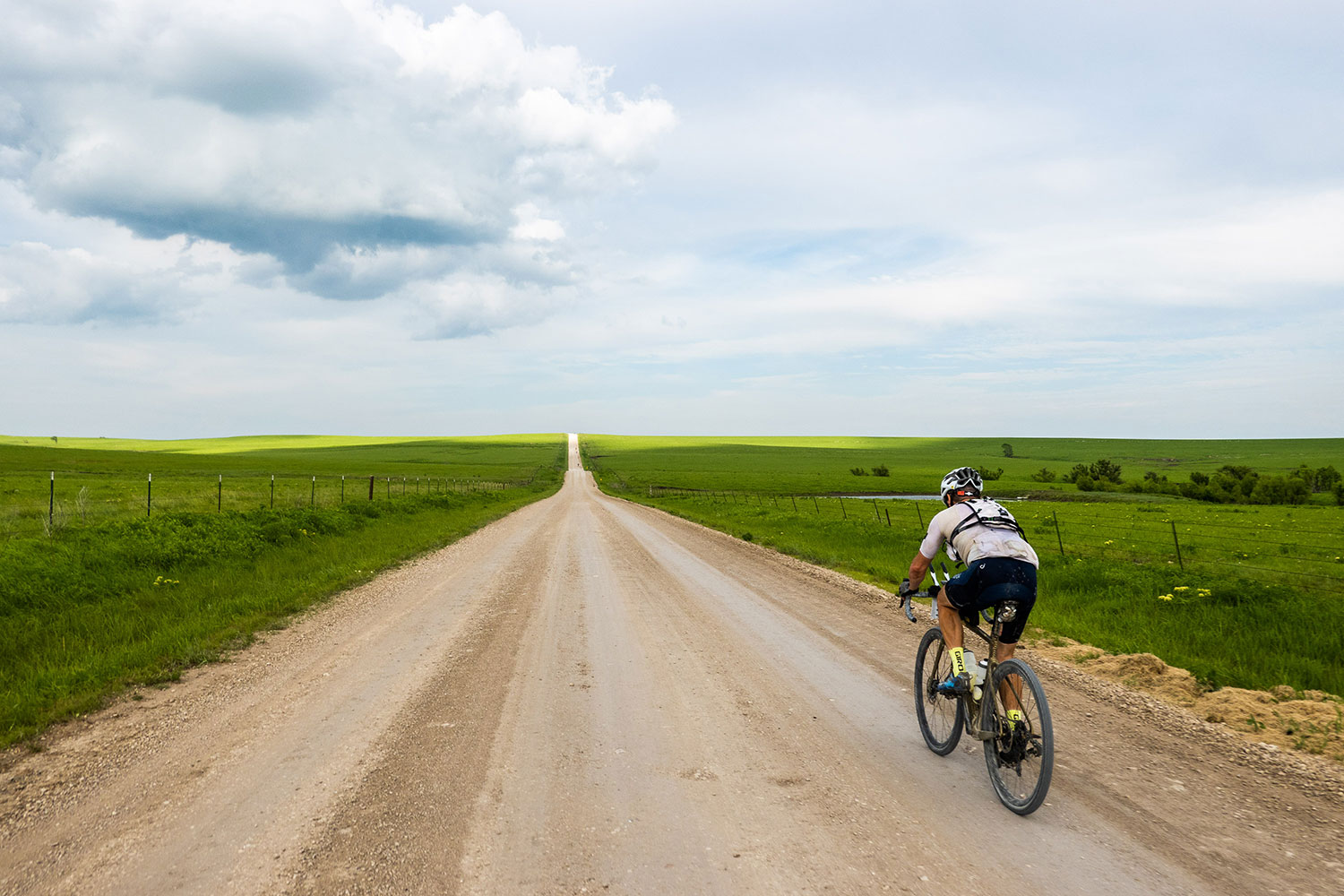
All the while, in the middle of all of this, I was still filled with deep, seismic rage. Way beneath my groveling, way under my contrition I felt a sense of utter injustice. Why was I apologizing at all? I had simply done what was necessary to deliver on the obligations that I had to my customers. I found a fixer, I reached a consensus with our factory to work with him, I started the process, and then suddenly I’d had my world ripped out from under me because someone had their feelings hurt along the way? It was madness, and I was the victim, not the offender. Why then was I apologizing and begging to be forgiven?
The funny thing about anger is that you aren’t always in a position to be able to express it. If you are in a position of power, or if you have the upper hand, you can let everyone know how unhappy you are at any given moment. You can take out your emotions on the people around you and they will listen because you are powerful. But, if like me you were in a position of helplessness, without power, then expressing your anger was a luxury that you did not have. Anger, and even justice are luxuries, not guaranteed rights. Consider yourself lucky if you receive your due of those in life.
In the absence of anger and justice a lesser goal might simply be survival, and indeed myself and Rodeo were simply hoping to survive 2021.
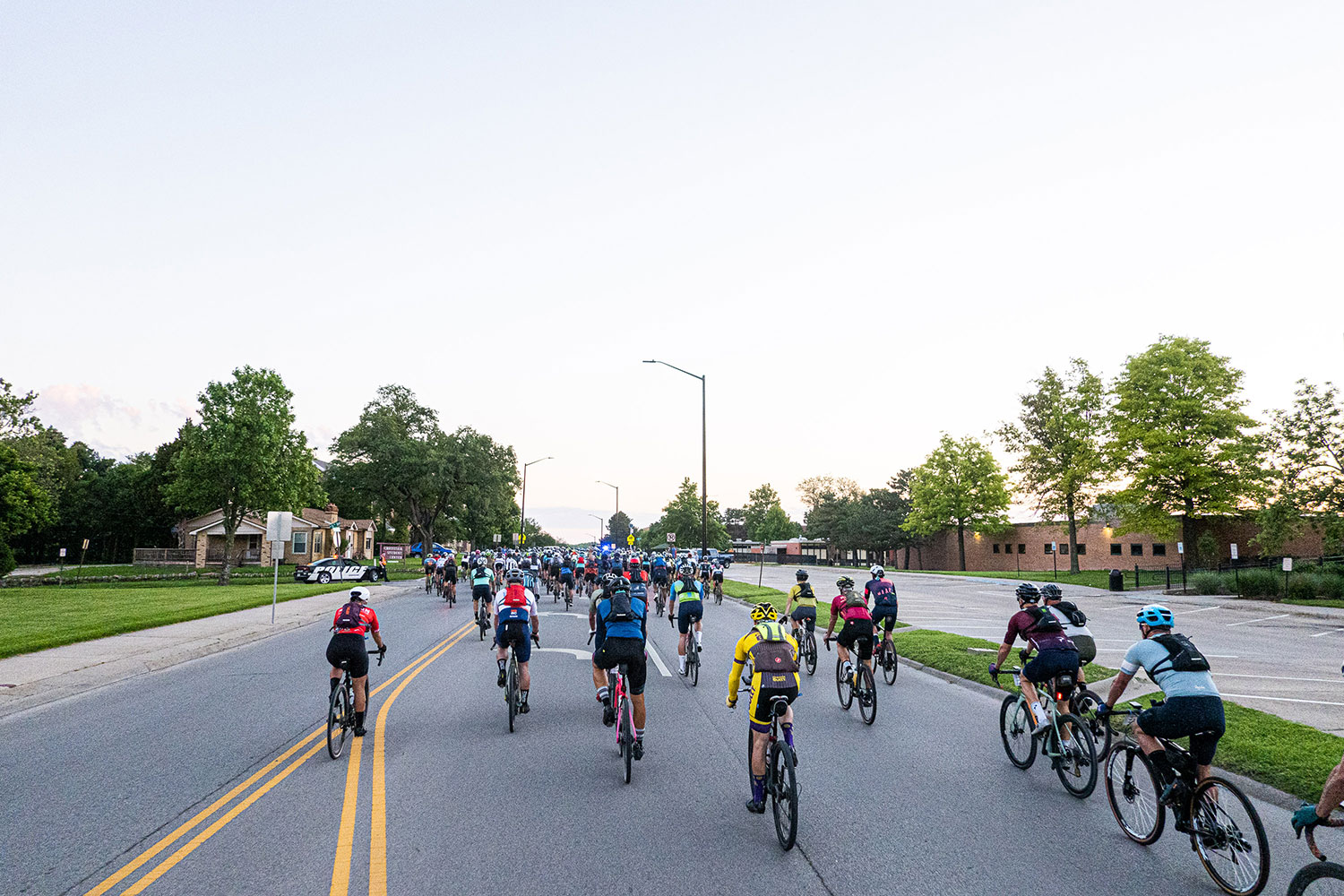
In the following four weeks I very slowly, very doggedly was able to convince our factory manager to re-open the dialogue with us, but it was all done on his terms. I had arm wrestled with him and had lost, and the unspoken reality of the situation was that I would not be the beneficiary of any justice or fairness from the factory, I would simply accept whatever terms they were willing to continue to do business with us under. That was good enough for me. The expectation and hope of getting our frames completed was reborn, and in fact we did receive and deliver to our customers every bike ordered in 2021. I’ll chalk that up to diplomacy and general goodwill between both parties, but I also chalk that up to eating the largest humble pie I’ve ever eaten in my life along the way.
Even when we were once again on good business terms with our factory I knew that things would never return to the way that they had been before that June. I knew then and now know that in the game of business poker our hand had been called and it was quite weak. Knowing that we had no leverage with our factory, and that they could simply cut ties with us mid-production, and on a whim, I knew that our company was essentially living in a state of constant exposure and danger. It is untenable to pour your heart and soul into something like Rodeo and to know all the while that someone on the other side of the world held the total power to destroy it if they were having a bad day. Rodeo had to get smarter. Rodeo had to get more resilient. Rodeo had to make a new way forward. Work began on that in July 2021, only a month after Unbound.
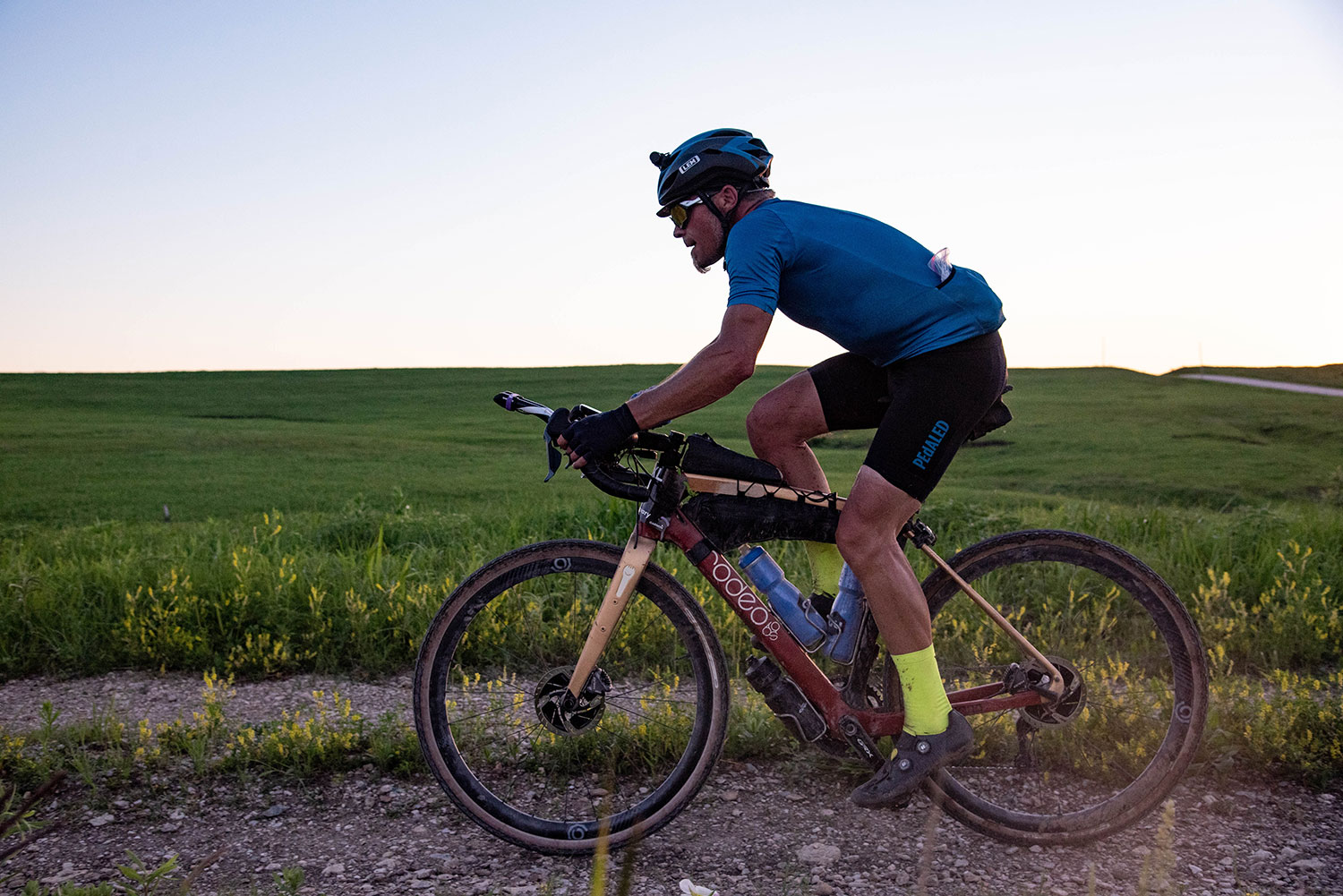
While on a roundabout ride to work that July I was listening to a cycling industry podcast that had been recommended to me by a friend. In that episode a long time industry veteran with deep experience in Asia was relaying stories and advice gleaned from decades of work in the bike business and the ups and downs they had experienced along the way. As I pedaled I was fascinated by the conversation and utterly struck at both how much this person knew and also how much I myself still didn’t know about the bike business, and doing business in Asia in general. By comparison I was an utter novice, and suddenly felt very self conscious about my naivete. In a moment of impulse I stopped riding, pulled out my phone, googled that podcast guest, found their email, and sent them a note. It read something like this:
“Hello, I’ve just heard the podcast episode on which you were recently a guest. I’m struck by your knowledge and experience and would like to know if it would be possible to have a conversation with you about the situation my company presently finds itself in. All I’m seeking is a small bit of your time and whatever wisdom you could pass along”.
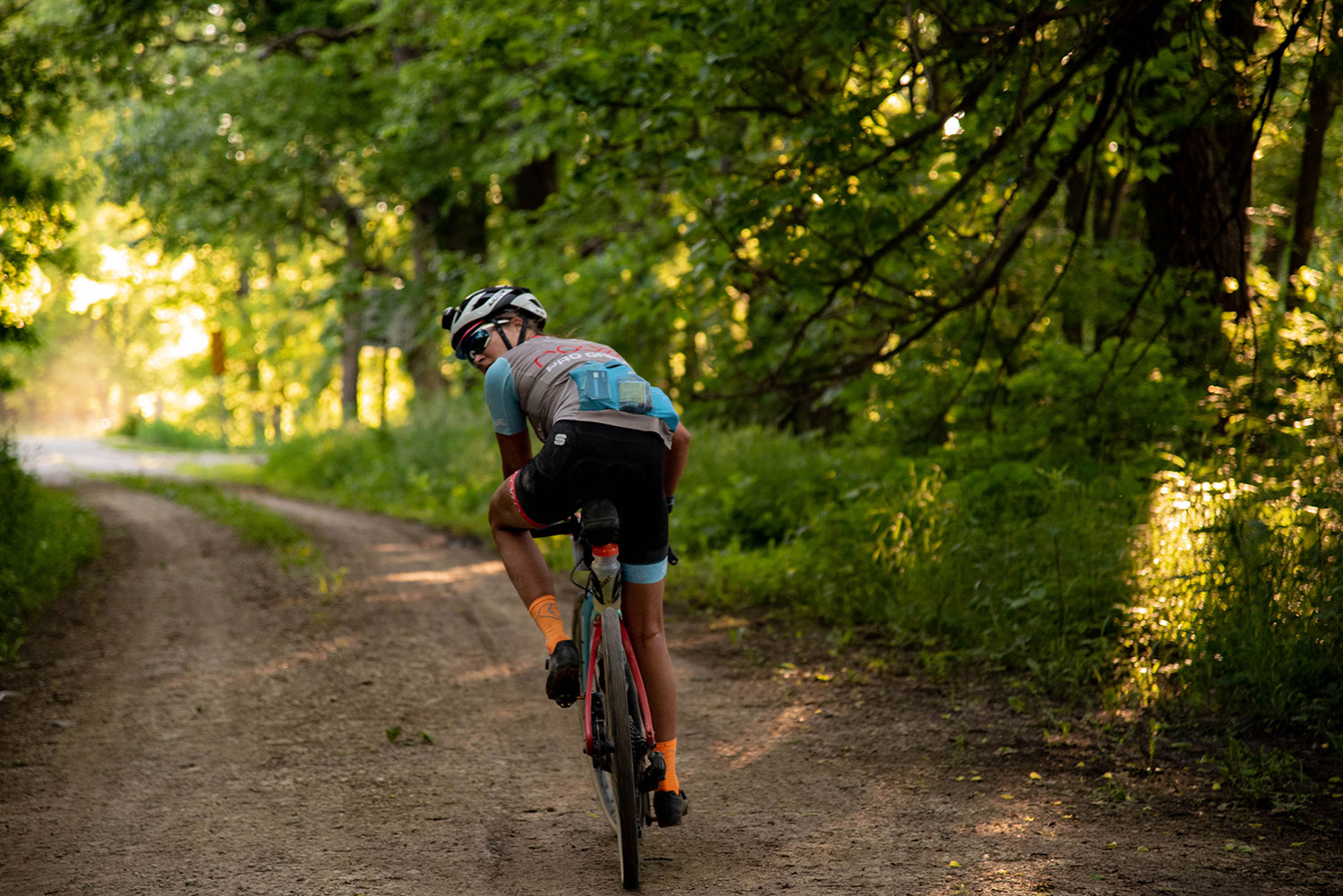
A day later I received a reply. They were willing to have a Skype call. I thanked them and we scheduled it.
I only intended for the call to last a half hour, but it likely lasted closer to three hours. I laid out what Rodeo was about, and our history. I told them of the June fiasco, my sense of danger for the company, and my lack of sureness of how to proceed. They listened. We traded notes. At the end of the call, without me asking, they told me that they wanted to help, and were positioned to do so. I was amazed. Previously everything about the future had been murky, and in many ways still was, but very faintly, and with the help of new partners, I saw a way forward for Rodeo. I saw a way to put the company on more diverse footing, and a way to build stronger for the future.
With a new outside collaborator in place Rodeo also looked inward for solutions to what ailed us in 2021. For instance our custom painting initiatives here in the USA didn’t have the bandwidth to keep up with the ever increasing demand that we had from our customers for more and more unique bikes. We responded to that by bringing the majority of our custom work in-house, and we trained people internally and learned through trial and error to execute those projects at very high levels. It wasn’t easy at first, and still isn’t. In the beginning we painted, re-painted, and re-re-painted quite a few frames that we made mistakes on before finally executing them well enough to deliver them to customers. But the effort has paid off in dividends. Bringing key functions in-house has allowed us to control our schedule and end product in ways that we never could before and has reduced our risks to external factors.
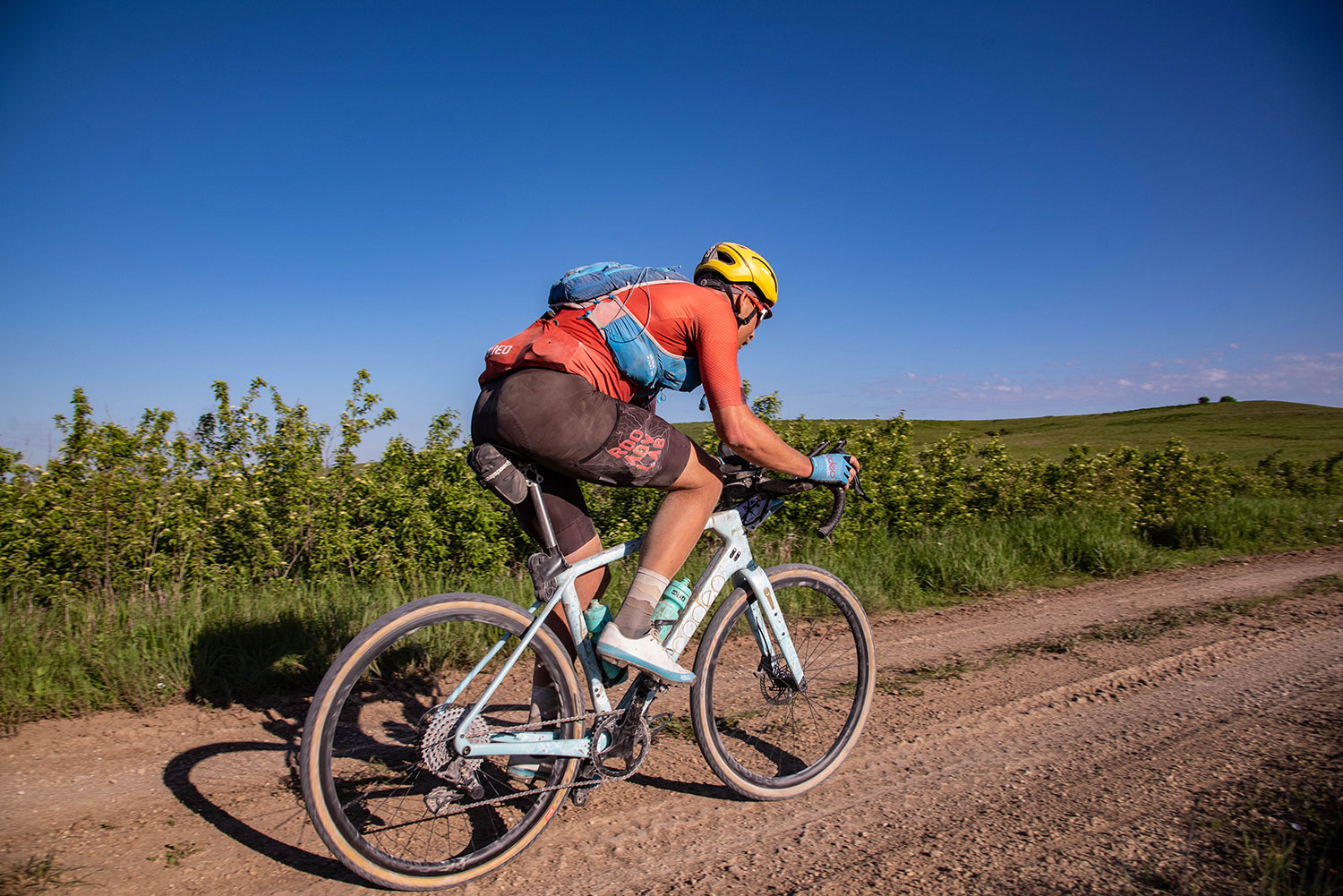
Another process that we’ve brought in-house since 2021 is our bike and product design. In 2014 when Rodeo started I relied entirely on external designers and engineers to turn my sometimes questionable ideas into real life products and bikes. Every iteration of every bike we’ve made has had more and more of its design and engineering done in-house. In 2020 I tasked Drew, one of the first people to work here at Rodeo besides myself, to sharpen his proficiency in CAD software and design so that we no longer had to work through the hands of external designers and consultants. Drew rose to the occasion incredibly fast, and we are now at the point as a company where we completely control the design and direction of every product that we make, including our newest bike. We’ve also added an in-house engineer to our staff, as well as another technician with years of hands-on experience in product development and composites.
The pandemic showed me the fragility of the global manufacturing economy and how reliance on a distributed supply chain and distributed relationships is fraught with risk. There is no such thing as a world without risk, but any forward thinking business should be thinking about how to reduce risk as much as possible. We had gone seven years with all of our manufacturing eggs in a single basket and then watched with horror as that basket was upended. By building new relationships we’ve been able to put in place more baskets in which to place our eggs. Some of those baskets still reside in Taiwan, but some are also now in China, where we’ve found new manufacturing partners who are as focused on manufacturing innovation and quality control as we are.
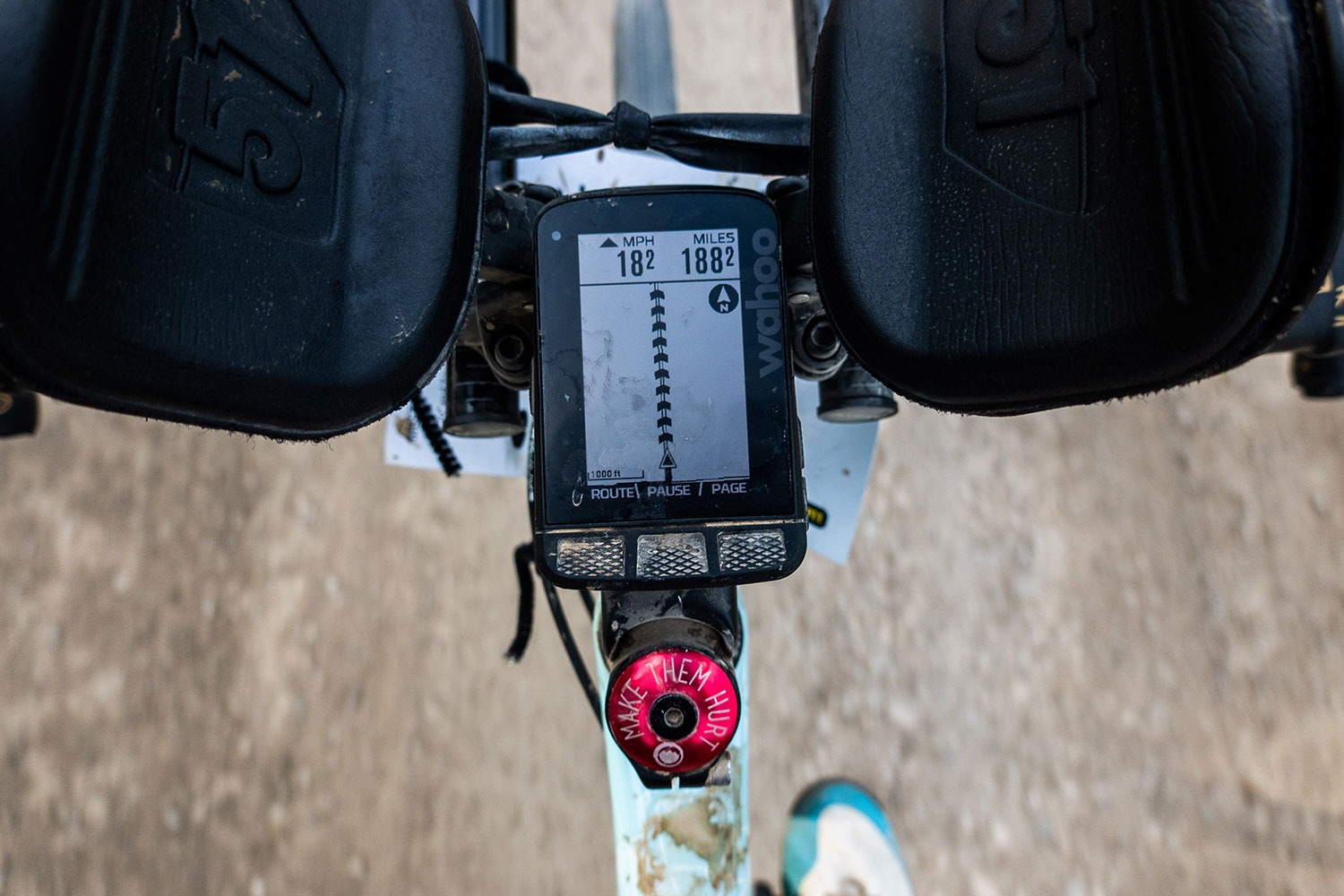
But why should all of our manufacturing be done in Asia? In short, it shouldn’t. Asia is fraught with risk, and anyone paying attention to the news cycle these days knows that tensions between China, Taiwan, and American governments are building towards what could be a very unpleasant situation. Any bike company doing business in Asia that isn’t thinking about the risk profile of the situation has their head in the sand.
It isn’t just geopolitical factors that go into this thinking. Making products and shipping them across the world leaves a larger environmental footprint than manufacturing in the USA would. It is a reality that has to be acknowledged and responded to. I think about it all the time, and so do other people here at Rodeo. In 2021 Rodeo finally embarked on a longtime goal of developing domestic manufacturing capabilities. Initially it is a modest effort limited by our modest economic resources. But that said, we’ve taken more than first steps and for many months have been quietly at work asking and answering blue-sky questions about materials and manufacturing methods for enjoying the sport of cycling in a more sustainable way. Those efforts won’t bear fruit quickly, and the task sometimes feels impossibly complex, but initial products could be coming online as soon as 2023 – and we’re developing it all in-house.




In the meantime I’m writing this on a flight from Denver to Philadelphia. The majority of the company is on this flight with me and we’re heading to Philadelphia Bike Expo for the launch of our newest and most capable bike yet: The Traildonkey 4.0. We had no plans last year to embark on the design of a new Donkey. TD3.1 was the current model and even though it wasn’t the newest bike on the market it still, years into its life, kept pace with features and performance of many much newer adventure bikes in the segment. Our attention at the time was on the development of our MTB project, the Show Pony, as our next major bike release. But with the June 2021 fiasco behind us and an uncertain manufacturing environment before us we made a pivot and focused our attention on moving our carbon bike production into the hands of our newest partner, who I had found while riding to work listening to that bike industry podcast.
TD4 development was a huge lift for Rodeo, and we poured our hearts and souls into it. The task was before us: If we were to move carbon production to a new partner, what opportunities did that present for a clean-sheet redesign of our flagship bike? Even if we hadn’t been thinking about improvements to the platform recently, what concepts should we put on the table for making the bike more capable and better than ever? Fifteen months later and I think we’ve answered that question masterfully, and as an integrated team. High level concepts were passed back and forth between Drew and myself, but instead of single handedly leading the charge on the bike myself I passed the pencil to him and made him the product manager. It felt odd to hand my literal pet project and prized product off to someone else, but something told me that was what I needed to do for Rodeo to grow and evolve as a company. It was incredibly liberating to design this bike this way. Drew would draw and shape and develop the details and we would meet to discuss progress. When in a good spot we brought in the rest of the team to weigh in with fresh eyes, knock down bad ideas, and put expert brainpower to use solving difficult design challenges.
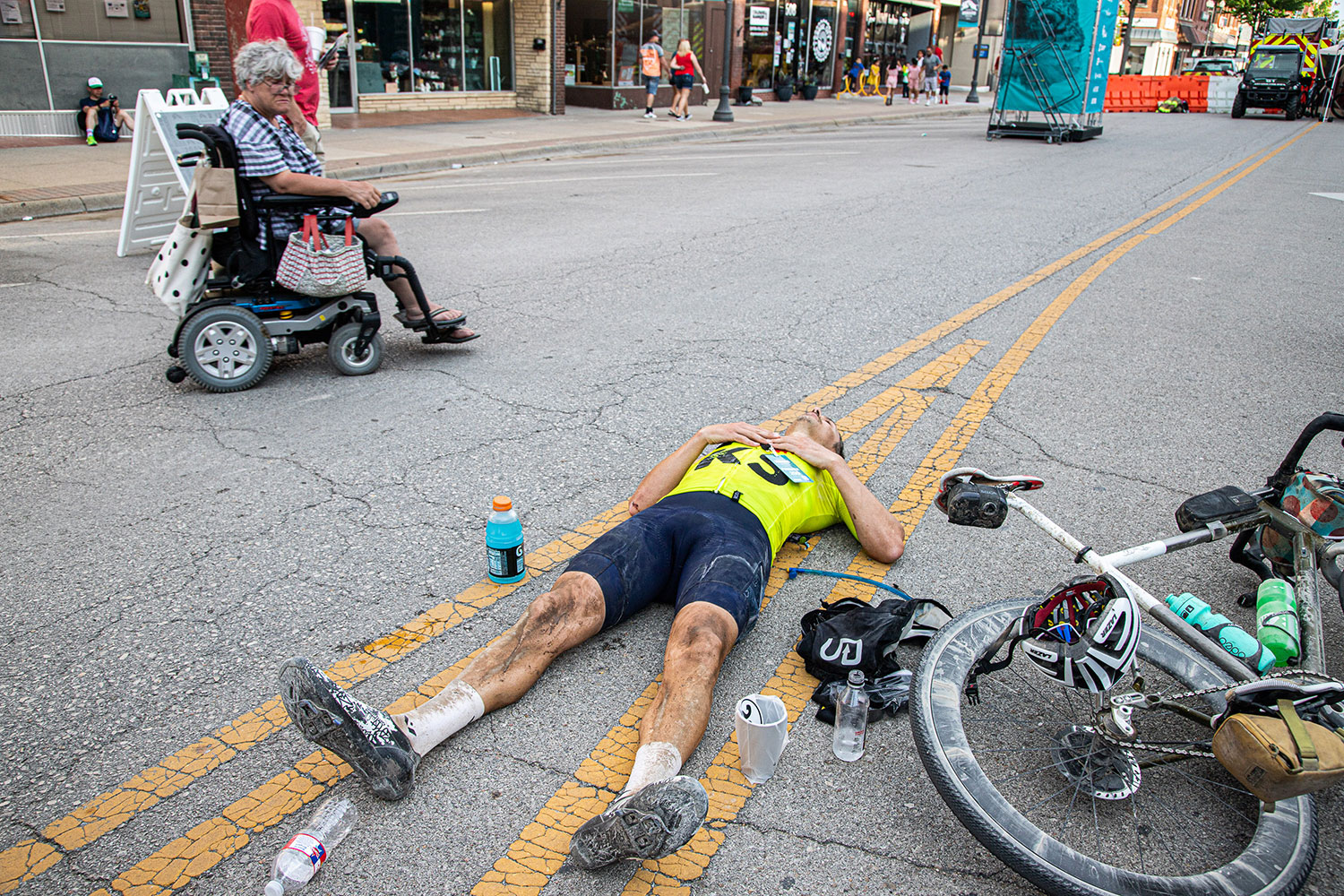


Will the bike be a triumph on the open market? How will it be greeted when we unveil it? By the time you read this we may already be seeing the first indications and answers to those questions. But regardless of response, regardless of sales figures, I can look back on these very choppy, very difficult to navigate last sixteen months with satisfaction. Rodeo was in some ways dealt a potentially lethal blow that night before Unbound, but instead of laying down and dying we doubled down and have worked hard non stop to lay a fresh course for the future of our collective selves and the company itself.
Onward!
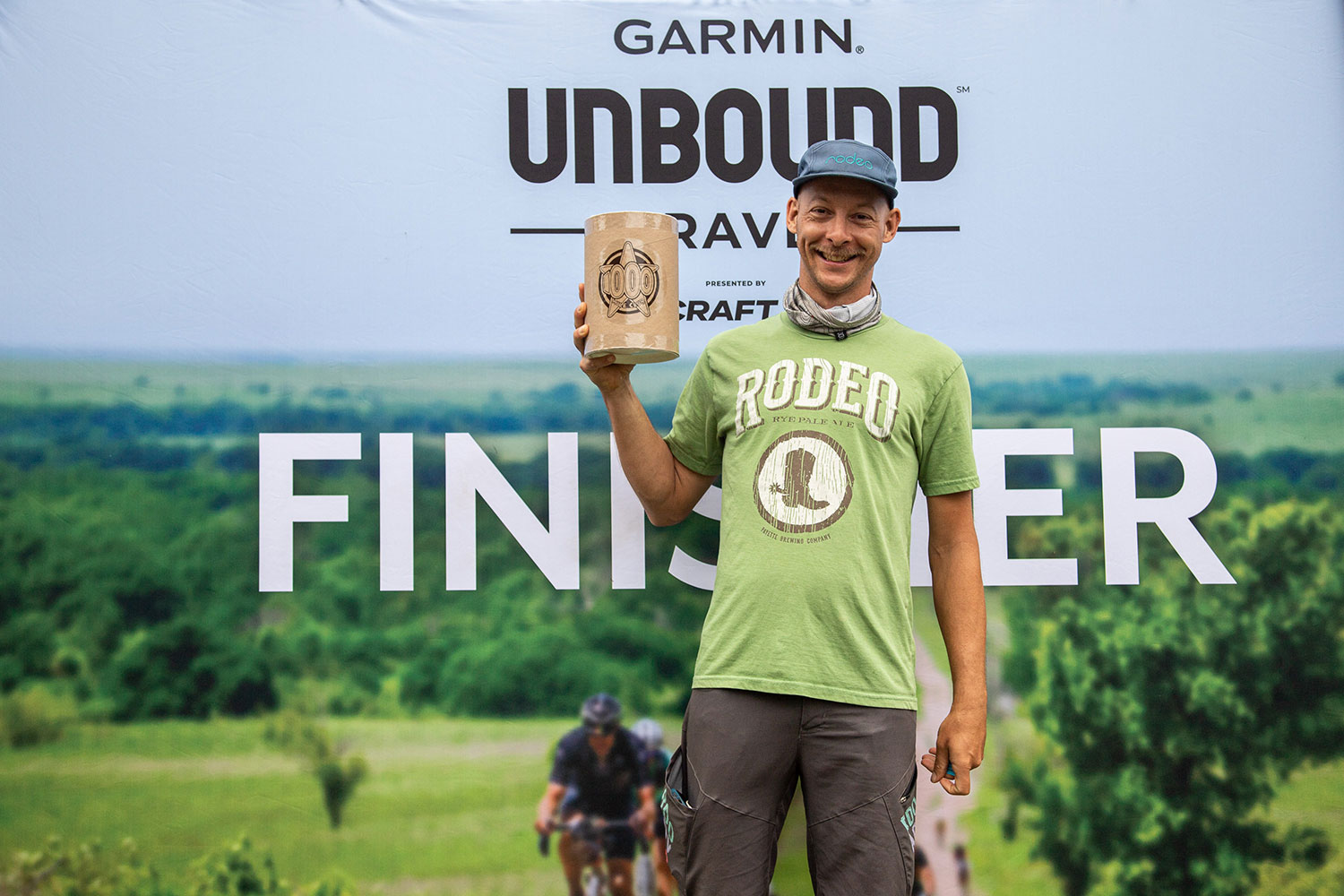

11 Comments
Wow, thanks so much for the candid insight into your journey so far. Really appreciate the transparency of the rollercoaster ride that is business ownership.
Wait, what? SHOW PONY?!?!
Thank you so much for the letter. Best of luck moving forward!
Show Pony is still in the oven but we’re working on it and are excited about it!
I have been around for much of this but had no idea as to the details…the step by step is nuts. I enjoyed hearing what was going on in your head, the back and forth, the confidence, the unsure-ness about next steps. The push/pull…all of it. Definitely onward.
Wow, what a wild story. Really appreciate how you pulled back the curtain on the difficulties the company faced last year and the toll that took on you personally. Something I’ve grown to really admire about Rodeo is how much care for the employees shines through from the stresses and travails you’ve shared on the blog post + podcast. Thanks for sharing!
Thank you Ben! I can speak for the whole crew here that “caring” is one of the things we do best, whether for each other or for customers.
Incredibly Powerful story …. Boggles my mind. The entire ‘supply chain’ issue only made vague sense prior to reading this, Stephen. So Much Respect for you guys ! 👊🏼
Thanks for taking the time to read it Andy!
Same exact thing happened to another manufacturer you know, I guess it’s a rite of passage for companies like Rodeo Labs. It’s tough having that contractor have that kind of power over (and indifference about) your future
This type of industry transparency is very enlightening and appreciated…my opinion that this will drive interest and brand loyalty to Rodeo and sincerely hope it already has…I can’t think of another company that has shared this type of depth ,honesty and fragility publicly
Thank you Jon I appreciate that!